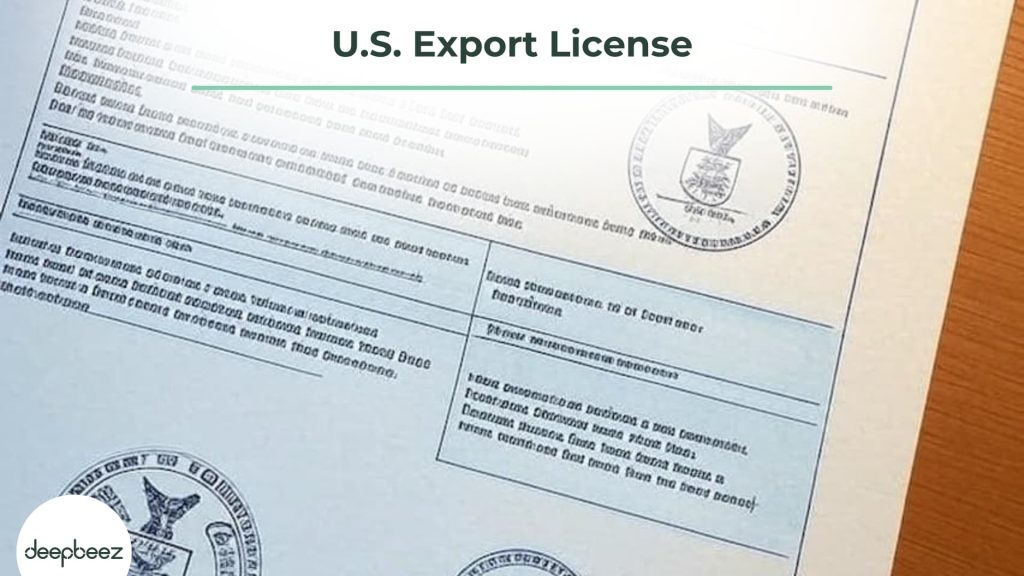Are you expanding your business internationally? As exciting as new markets can be, navigating export regulations might feel like trying to read a map in the dark. Especially if you are investing on one of the America’s largest export. Don’t worry—we’ve been there too! That’s why we’ve created this straightforward guide to help you understand if you need an export license and how to get one without the headache.
